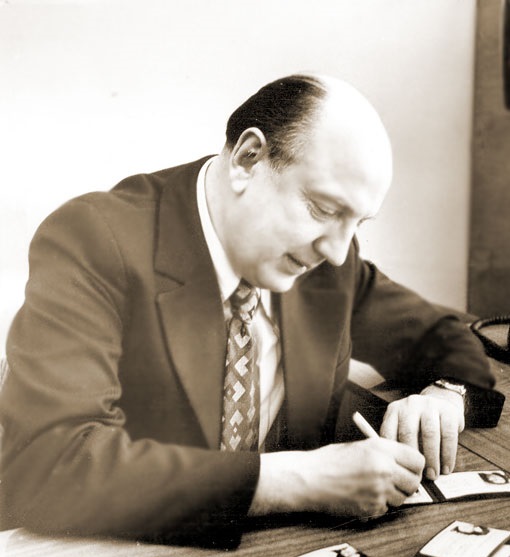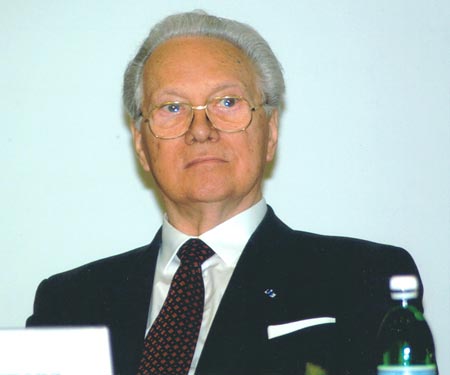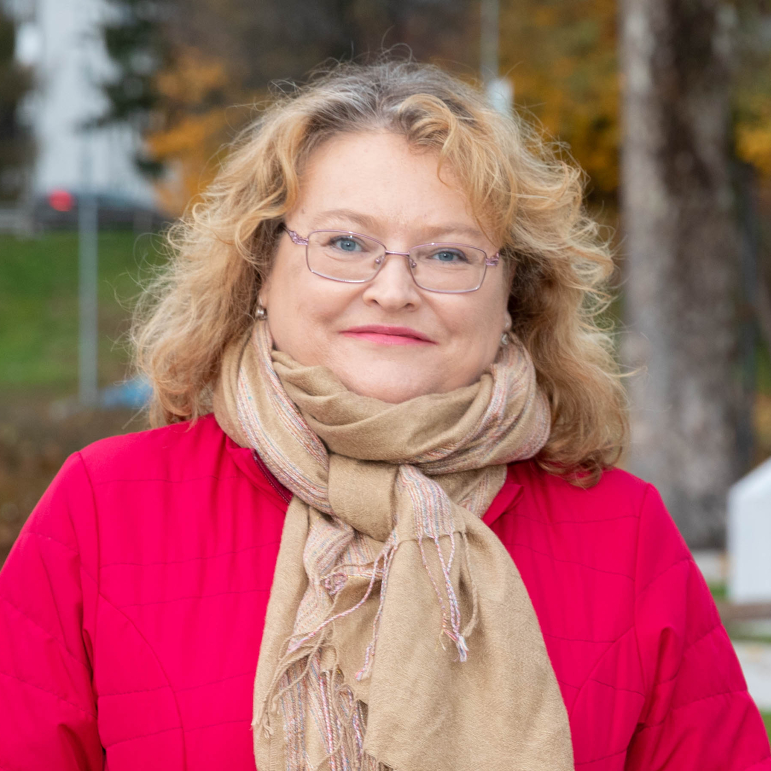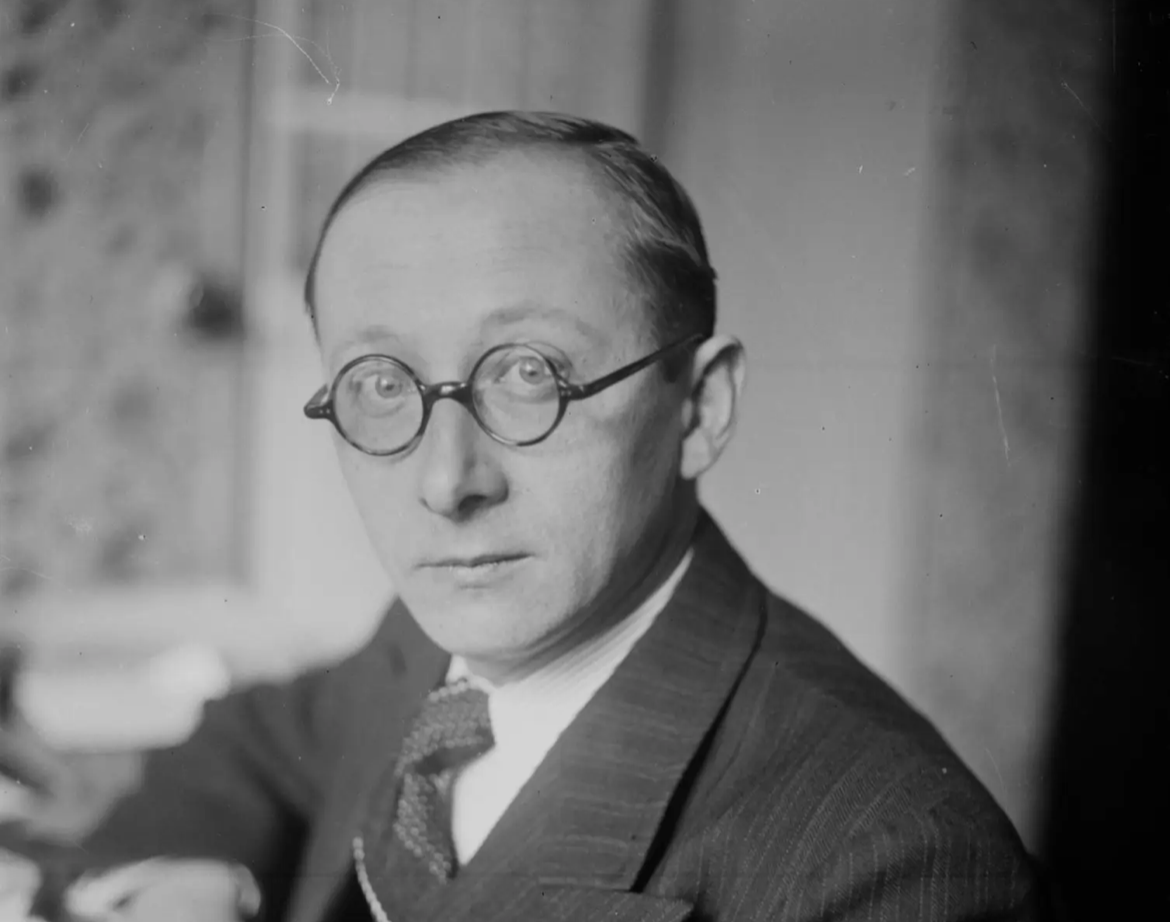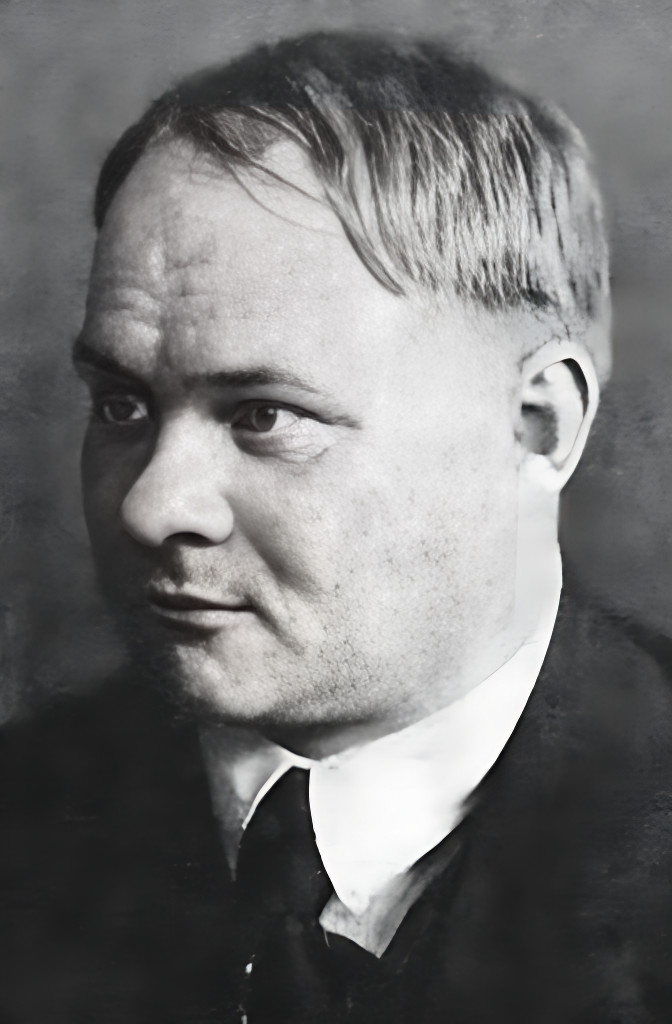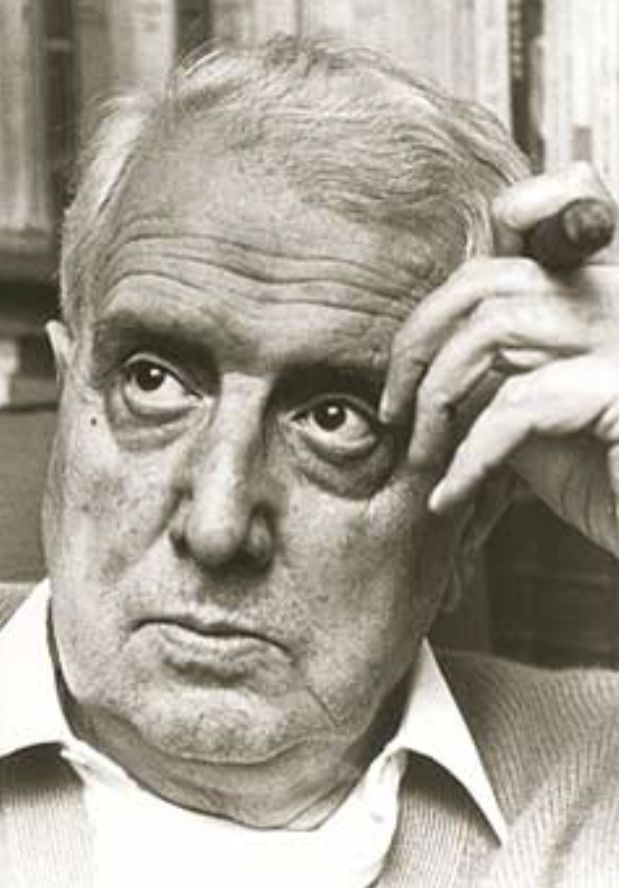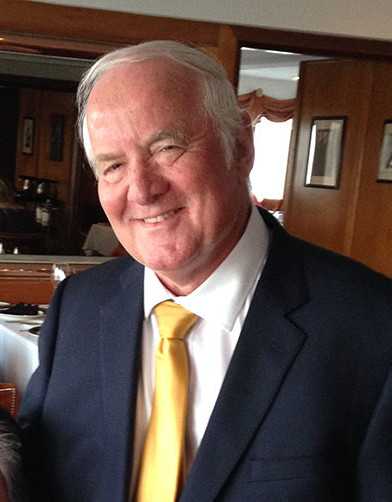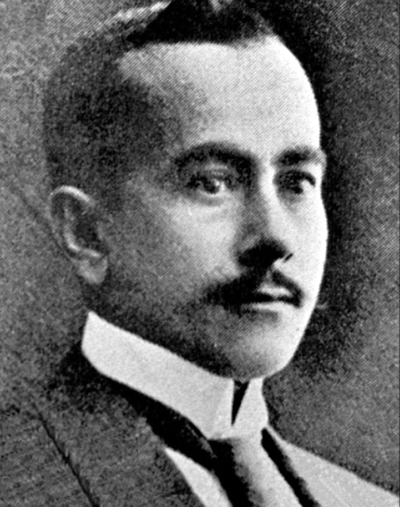Venedikt Stepanovich Vinogradov, or Виноградов В. (July 11, 1925 – August 15, 2009) was a prose writer, university professor, and renowned translator of Spanish-language literature into Russian. In his lifetime, he published more than 100 scientific papers and about 30 literary translations of novels, short stories and collections of short stories by Latin American and Spanish authors. The total circulation of these publications exceeds 2 million copies. In 1976, Vinogradov translated Ecuador’s most famous novel, “Huasipungo” by Jorge Icaza into Russian as “Уасипунго.” In Russian, Jorge Icaza’s name is spelled Хорхе Икаса.
Continue reading “Venedikt Vinogradov”Category: Scholars of Ecuadorian Literature
Giuseppe Bellini
Giuseppe Bellini (Isorella, October 23, 1923 – Milan June 19, 2016) was an Italian writer, literary critic, translator, university professor, and a leading Hispanist. He was a pioneer in Hispanic American literature studies in Italy and taught at a number of institutions, including: Bocconi University, University of Parma, University of Venice, and University of Milan. In 1961, Bellini translated his first work of prose, “Huasipungo,” a famous Ecuadorian novel originally written by Jorge Icaza in 1934. Over the course of his career, Bellini translated 81 works, wrote 69 volumes of literary criticism, and wrote over 500 essays and reviews. Bellini also translated works by Ciro Alegría, Pablo Neruda, and Miguel Ángel Asturias, among other Latin American authors.
moreTibor Kobáň
Tibor Kobáň (1912-1996) was a Spanish-to-Slovak translator who in 1963 translated “En las calles,” a novel by Ecuador’s Jorge Icaza, as “Na uliciach” (literally, On The Streets). Self taught in Spanish and a lover of literature in Romance languages, in 1948 Kobáň created the first Spanish-to-Slovak translations of Latin American works. They were the novels “Miércoles santo” [Defilé hriechu] and “La noche toca a su fin” [Noc už pominula] by Manuel Gálvez and “El camino de las llamas” [Cesta lám] by Hugo Wast, well-known Argentinian writers of that time.
Continue reading “Tibor Kobáň”Barbara Pregelj
Barbara Pregelj (April 12, 1970) is a Slovenian writer, editor, scholar of Spanish-language literature, researcher, translator, cultural promoter, and university professor. She’s the author of more than 20 scientific articles and 2 books, and has also translated over 40 books from Spanish to Slovenian. In 2001 she translated the Ecuadorian novel, “Huairapamuchcas,” by Jorge Icaza into Slovenian as “Huairapamuške: sinovi vetra” She has organized and coordinated many visits by foreign authors in Slovenia, along with visits by Slovenian authors to Spain, and several international symposia. She regularly presents papers at conferences, symposia and roundtables, both in Slovenia and abroad.
Continue reading “Barbara Pregelj”Georges Pillement
Georges Pillement (March 23, 1898 — April, 14 1984) was a French writer, translator, Spanish and Hispano-American literature scholar, author of books on art and tourism, and photographer. In 1938, he translated “Huasipungo,” Ecuador’s most famous novel (written in 1934 by Jorge Icaza) into French as “La Fosse aux Indiens” (literally, The Indian Pit). It was the first time “Huasipungo” was translated into another language (it was eventually translated into over 40 languages by other translators, including Russian, Chinese, and English). Moreover, in 1945 he published a French anthology of Ecuadorian short stories entitled “Gens de l’Equateur,” which contained stories by José de la Cuadra, Gil Gilbert, Jorge Icaza, Gallegos Lara, A. Malta, H. Salvador. In his illustrious career, Georges Pillement won the Prix des Deux Magots for his novel “Plaisir d’amour” in 1937, and the French Academy’s Prix Louis Barthou in 1964 and the Prix Georges Dupau in 1975.
Continue reading “Georges Pillement”Paul Zech
Paul Zech (February 19, 1881 — September 7, 1946) was a German Expressionist writer of the first half of the twentieth century. His German translation of Jorge Icaza’s famous novel “Huasipungo” was published after his death in 1952 as “Huasi-Pungo. Ruf der Indios,” (literally, Huasipungo. Cry of the Indians). Zech’s prolific literary output included essays, poetry, plays, and translation. In 1933, having garnered criticism and opposition from Germany’s far-right, he emigrated to Buenos Aires, Argentina in the fall of 1933, where he remained in exile from the Nazis until his death in 1946. Known primarily for his translations of classic French works, almost all of his longer works, including seven novels, remained unpublished during his lifetime. These posthumous works were instrumental in finally bringing him the recognition he so richly deserved.
Continue reading “Paul Zech”Carlo Bo
Carlo Bo (Sestri Levante, Italy, January 25, 1911 – Genoa, July 21, 2001) was an Italian poet, literary critic, translator, and professor, as well as a Lifetime senator of Italy (since 1984). In 1949, Bo translated the Ecuadorian novel “Cholos” by Jorge Icaza into Italian as “I meticci,” (literally, The Mestizos). In an article titled “Calvino, Pavese, Icaza” published in La Hora newspaper in 2010, María Helena Barrera-Agarwal, wrote this about Bo: “He was a polyglot and man of extraordinary erudition, whose talent was perfectly reflected in the way in which he rendered Icaza’s work into Italian: his version, clean and true, retains the novel’s original qualities.” Among the other Spanish-language authors B0 translated into Italian are: Venezuela’s Rómulo Gallegos, Argentina’s Ricardo Güiraldes, and Spain’s Federico García Lorca and Miguel de Unamuno. Bo served as rector of the University of Urbino for over 50 years (from 1947 until his death in 2001 at the age of 90).
Continue reading “Carlo Bo”Bernard M. Dulsey
Bernard Martin Dulsey (Chicago, IL, February 27, 1914 – San Clemente, Orange, California, November 4, 1992) was an American professor, scholar, editor, and translator. In 1964, Southern Illinois University Press published “The Villagers,” an authorized English translation by Bernard M. Dulsey of Ecuador’s most famous novel, “Huasipungo,” in collaboration with its author Jorge Icaza. Mr. Dulsey was a professor emeritus of the foreign language and literature department of the University of Missouri-Kansas City. He earned his doctorate at the University of Illinois and worked as a prose editor for the Library of Congress’ annual Handbook of Latin American Studies. He was also an associate editor of the Kansas City Review and contributed to a number of scholarly journals in the United States and abroad.
Continue reading “Bernard M. Dulsey”Theodore Alan Sackett
Theodore Alan Sackett is an American university professor and Spanish literature scholar. Sackett is widely regarded as one of the foremost literary authorities on the novels of Ecuador’s most famous author, Jorge Icaza, and his work is frequently cited in critical essays and research studies on Icaza’s novels. He wrote an important book-length study on Jorge Icaza’s novels, “El arte en la novelistica de Jorge Icaza,” which was published by the House of Ecuadorian Culture in 1974. He also contributed to Ricardo Descalzi and Renaud Richard’s 1988 critical edition of Jorge Icaza’s novel “El chulla Romero y Flores” (1958), analyzing the composition, lexicon, and stylistics in Icaza’s mestizo-themed masterpiece. He worked as a Spanish professor at the University of Southern California from 1965 to 1996, and then as a professor and Chair of the Spanish department at the University of Nevada, Reno from 1996 to 2002.
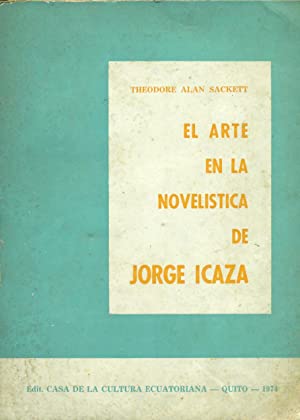
Carlos A. Rolando
Carlos Alberto Rolando Lobatón (Guayaquil, September 13, 1881 – Guayaquil, January 5, 1974) was an Ecuadorian doctor, writer, and renowned bibliographer. Known for his contributions to Ecuadorian literature and history, he opened his vast personal library to the public in 1913. Rolando was appointed director of the University of Guayaquil Library in 1925 and became a numerary member of the National Academy of History. In 1930, he founded the Guayaquil Historical Research Center and played a key role in preserving Ecuador’s cultural heritage. The National Authors Room at the Municipal Library of Guayaquil is named in his honor.
Continue reading “Carlos A. Rolando”
